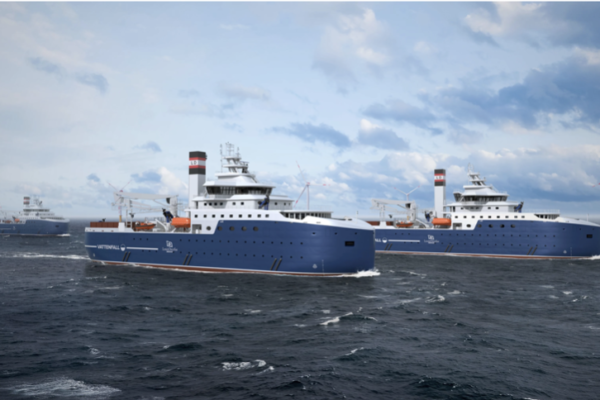RoRePower has participated in a 4-year EU-funded project aimed at developing and testing small power sources for remotely controlled difficult-to-reach sites located outside the power grid.
There are thousands of connecting towers, weather stations, construction sites, railways and other sites outside the electricity network that require small amounts of electricity. The VTT-led project found that fuel cell technology enables reliable, remote controlled and more environmentally-friendly electricity production even in difficult-to-reach locations with extreme conditions.
“Fuel cell technology, which utilises gas, proved to be very effective in the electrification of sites located in extreme conditions, ranging from freezing temperatures of -40 degrees Celsius to tropical temperatures above +50 degrees Celsius,” says VTT Research Professor Jari Kiviaho, who coordinated the RoRePower project.
Traditionally, the electricity needed in difficult-to-reach locations has been produced with fossil fuel diesel generators.
The efficiency of the solid oxide fuel cell technology tested during the project is better than traditional methods, and bio-based fuel can also be used to produce electricity without emissions even in remote locations.
The project saw fuel cell equipment tested at more than 50 sites around the world. In Finland, the equipment was tested at the Karjaan Puhelin data centre, which had an average electricity demand of less than 1 kW.
The systems developed and tested during the project are now commercial products and are ideal for small-scale electricity production in exceptionally challenging conditions.
SolydEra’s fuel cell system was successfully tested at the site for a period of about two years. During this period, the system produced all the electricity needed by the data centre using gas supplied by Auris Energia.
In addition to VTT, the consortium included Sunfire, New Enerday, SolydEra, EFCF and 3E Energy.
The project has received funding from the EU Fuel Cell and Hydrogen Joint Undertaking under contract number 824953 and the Horizon 2020 research and innovation programme.
Additional information is avaiable from Professor Jari Kiviaho at VTT – jari.kiviaho@vtt.fi
Photo: VTT




